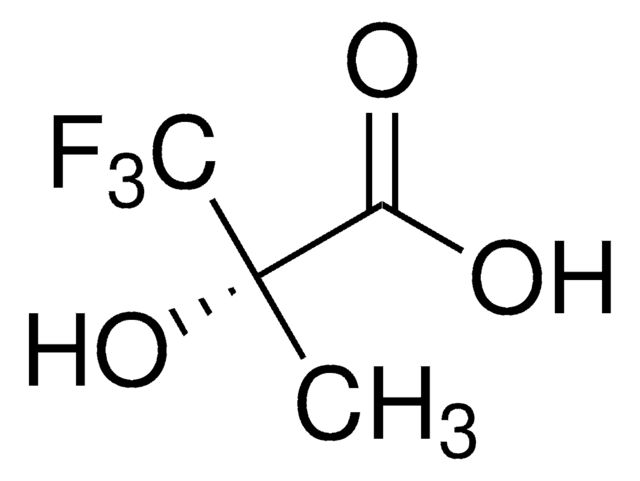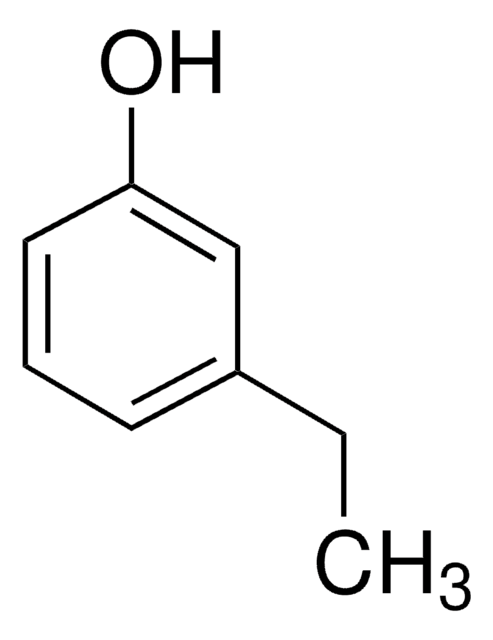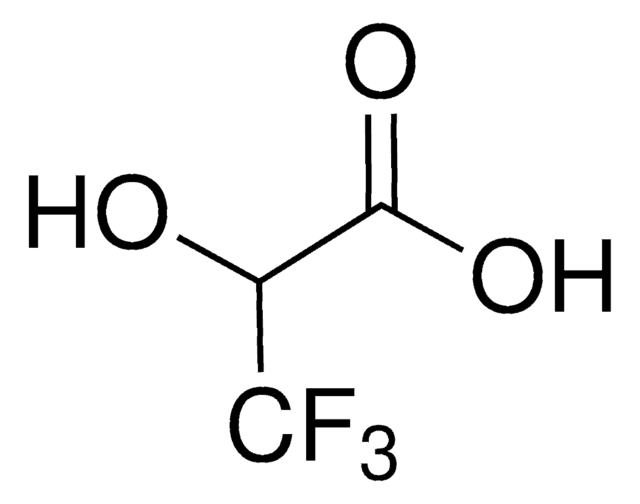D-906
Desipramine hydrochloride solution
1.0 mg/mL in methanol (as free base), ampule of 1 mL, certified reference material, Cerilliant®
About This Item
Recommended Products
grade
certified reference material
Quality Level
form
liquid
feature
Snap-N-Spike®/Snap-N-Shoot®
packaging
ampule of 1 mL
manufacturer/tradename
Cerilliant®
concentration
1.0 mg/mL in methanol (as free base)
technique(s)
gas chromatography (GC): suitable
liquid chromatography (LC): suitable
application(s)
clinical testing
format
single component solution
storage temp.
2-8°C
SMILES string
Cl.CNCCCN1c2ccccc2CCc3ccccc13
InChI
1S/C18H22N2.ClH/c1-19-13-6-14-20-17-9-4-2-7-15(17)11-12-16-8-3-5-10-18(16)20;/h2-5,7-10,19H,6,11-14H2,1H3;1H
InChI key
XAEWZDYWZHIUCT-UHFFFAOYSA-N
Gene Information
human ... SLC6A2(6530)
General description
Application
- Pharmacological Treatments for Localized Provoked Vulvodynia: Reviews current pharmacological treatments, including tricyclic antidepressants like desipramine hydrochloride, emphasizing their role in managing chronic pain conditions, crucial for ongoing research in neuropharmacology and clinical practice (Bajzak et al., 2023).
- Desipramine induces anti-inflammatory dorsal root ganglion transcriptional signatures: Highlights the use of desipramine hydrochloride in neurobiological research, specifically its effects on inflammatory responses in nerve injury models, underscoring its significance in neuropharmacological studies (Serafini et al., 2024).
- Effect of lipid emulsion on neuropsychiatric drug-induced toxicity: Discusses the therapeutic potential of lipid emulsions in managing toxicity caused by drugs, including desipramine hydrochloride, which is essential for improving safety profiles in clinical settings (Hwang and Sohn, 2024).
- Sustainable beeswax modified cellulose paper for the determination of tricyclic antidepressants: Researches innovative methods for detecting tricyclic antidepressants like desipramine hydrochloride in biofluids, pivotal for advancing forensic and clinical toxicology (González-Bermúdez et al., 2024).
- Sleep-wake dependent hippocampal regulation of fear memory: Although indirectly related, this study forms part of the broader context of neurological research where desipramine hydrochloride could be used to modulate neurochemical pathways, relevant for understanding sleep-related memory processes (Wen et al., 2024).
Legal Information
related product
Signal Word
Danger
Hazard Statements
Precautionary Statements
Hazard Classifications
Acute Tox. 3 Dermal - Acute Tox. 3 Inhalation - Acute Tox. 3 Oral - Flam. Liq. 2 - STOT SE 1
Target Organs
Eyes
Storage Class Code
3 - Flammable liquids
WGK
WGK 1
Flash Point(F)
49.5 °F - closed cup
Flash Point(C)
9.7 °C - closed cup
Certificates of Analysis (COA)
Search for Certificates of Analysis (COA) by entering the products Lot/Batch Number. Lot and Batch Numbers can be found on a product’s label following the words ‘Lot’ or ‘Batch’.
Already Own This Product?
Find documentation for the products that you have recently purchased in the Document Library.
Our team of scientists has experience in all areas of research including Life Science, Material Science, Chemical Synthesis, Chromatography, Analytical and many others.
Contact Technical Service











